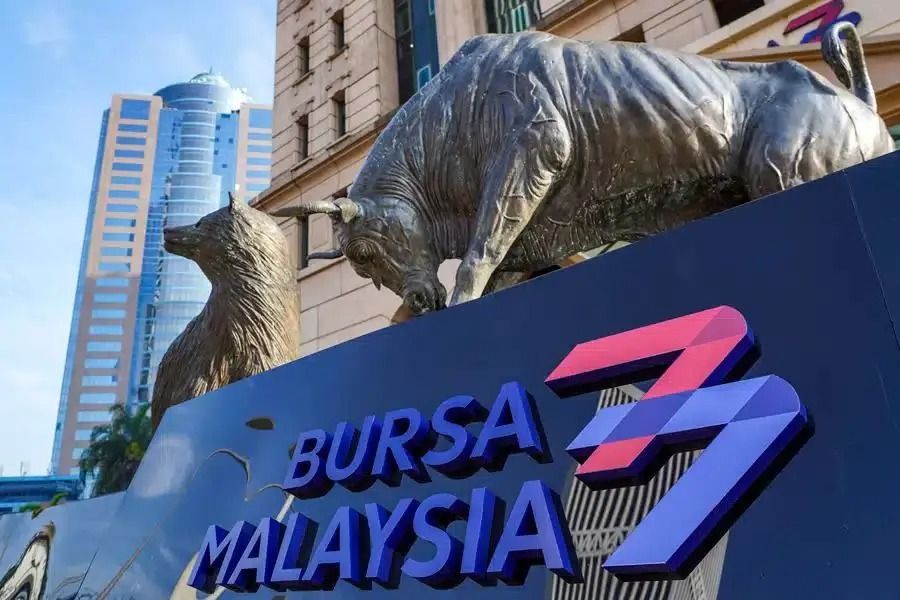
Jokowi inspecting the Temef Dam after inaugurating it in South Timor Tengah regency, East Nusa Tenggara on Oct 2, 2024. - Antara
JAKARTA: As his presidency enters its final weeks, President Joko “Jokowi” Widodo has gone on the last leg of a tour across the country, where he will bid farewell to the people and offer apologies for any shortcomings of his decade-long administration.
After completing two full terms, Jokowi is set to step down on Oct 20 and hand over the reins to his successor Prabowo Subianto and vice president-elect Gibran Rakabuming Raka, Jokowi’s eldest son.
The President’s schedule has been packed over the last few weeks with work trips to regions around the archipelago to greet people, inspect traditional markets or inaugurate new infrastructure.
During his visit this week to a traditional market in East Nusa Tenggara, Jokowi took the opportunity to apologise for all the shortcomings of his administration after checking on the availability and prices of basic goods in the market.
"On this auspicious occasion, I’d like to apologise profusely for all the mistakes, any policies that may not have pleased the hearts of everyone," Jokowi told market vendors and local residents on Wednesday (Oct 2) by megaphone.
"I am an ordinary human being who is full of mistakes, full of shortcomings, full of errors," he added.
The President previously made a similar apology during his visit to local traditional markets in Lubuk Pakam in North Sumatra and Surabaya in East Java, where he inspected prices and chatted with the vendors.
The farewell tour comes after Jokowi made his first public apology during an event at the start of the independence month in August, and later in his last State of the Nation address.
A former furniture salesman raised in Surakarta, Central Java, Jokowi came to power in 2014 as an outsider with limited connections to the political establishments, promising to reform a political system dominated by family dynasties and military elites.
Throughout his decade in power, Jokowi’s focus on building infrastructure and courting investment kept him popular at home and allowed him to enjoy consistently high approval ratings of more than 70 per cent, even as he prepares to step down at the end of his second and final term.
Once hailed as a “New Hope” on the cover of Time magazine when he first took office in 2014, Jokowi will be leaving office amid mounting criticism of his administration’s backsliding on Indonesia’s hard-fought democratic gains.
Jokowi and his family continue to face public anger on social media after perceived attempts by lawmaker allies to undermine democracy to allow his youngest son Kaesang Pangarep to run for public office in the November local elections.
Jokowi’s tour of traditional markets reflects his desire “to leave office with a good image among the public and a minimal backlash”, said political researcher Wasisto Raharjo of the National Research and Innovation Agency (BRIN).
Offering an apology in rural areas rather than in a formal setting in Jakarta might have been intended to avoid “more public backlash and debate on social media, which largely come from the educated Indonesians who reside in urban cities,” Wasisto told The Jakarta Post.
“Jokowi may feel his apology will be more appreciated by people in the countryside, who felt the direct impact of his policies, especially infrastructure programmes,” he said.
He said Jokowi greeting people at traditional markets in his final weeks before leaving office was also a symbolic gesture to show that he is transitioning from a two-term president to an ordinary citizen.
Traditional markets represent the lower to middle-income segment, which makes up the largest share of the Indonesian population.
Since early in his political career, Jokowi has painted himself as a down-to-earth leader with a hands-on style of governance, a combination that has helped earn him a high approval rating among the public.
Kennedy Muslim of pollster Indikator Politik Indonesia said Jokowi's visits reflected his “politics of presence”.
“Indonesians prefer leaders who care about the people rather than technocratic aspects of decision making. It is a factor behind why Jokowi is a president who will be leaving office with a high approval rating,” Kennedy said.
“Such public support is still needed by Jokowi even though he will no longer be president because it can serve as leverage and political capital for his family, especially for his eldest son Gibran, who will be vice president in the next government,” Kennedy added.
The Presidential Palace was not immediately available for comment. - The Straits Times/ANN










































